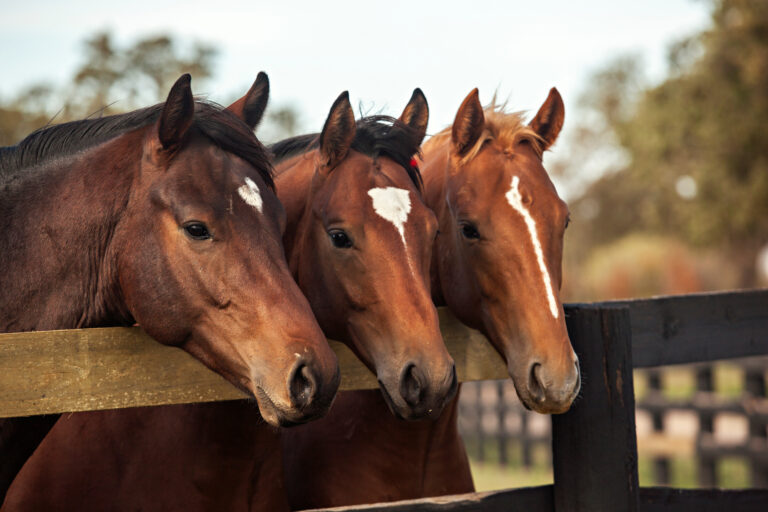
The following interview was conducted by EquiManagement with Rachel Cezar, DVM, Director for Live Animal Imports, USDA-APHIS, about equine piroplasmosis in relation to the WEG Tryon 2018 games.
Q: How many piroplasmosis waivers will the US grant for WEG?
Dr. Cezar: We cannot speculate how many horses will be granted a piroplasmosis waiver. All horses will be tested six weeks in advance to determine their status. For WEG 2010, there were approximately 100 horses that were positive for piroplasmosis that competed.
Q: What specific steps will you take to oversee/manage horses that are piroplasmosis positive?
Dr. Cezar: We are putting in place a strict mitigation plan that will ensure there will be no commingling of piroplasmosis-positive horses with U.S. horses or international horses free of piroplasmosis. The piro-positive horses will be housed in separate isolation barns and monitored 24/7. There will be daily tick inspections and acaracide treatments for the piro-positive horses.
Q: What measures have been taken to study the tick population in advance of WEG?
Dr. Cezar: A tick assessment study was completed in the fall of 2017 by Southeastern Cooperative Wildlife Disease Study (SCWDS) to review the tick population that could be present at the Tryon International Equestrian Center (TIEC) event site in Tryon, North Carolina, for WEG 2018. Our USDA CEAH staff reviewed the findings from the study and they rated the risk of spread of equine piroplasmosis from imported piroplasmosis-positive horses to susceptible horses by ticks to range from negligible to extremely low.
Q: Who will be in charge of the import flights on the ground, and which airport will be the landing site for the import flights?
Dr. Cezar: The majority of the horses will enter through the Greenville-Spartanburg airport in South Carolina. USDA will be overseeing the arrival and departure of the horses.
Q: Who else has been involved in preparing the grounds and biosecurity plan for WEG?
Dr. Cezar: Many stakeholders have been engaged with preparing for WEG: the state animal health offices for North Carolina and South Carolina, NCSU Veterinary School, GSP port authority, GSP CBP officers, and personnel at TIEC.
Click here for complete health and veterinary aspects of #Tryon2018. Coverage of the FEI World Equestrian Games™ Tryon 2018 is brought to you by KindredBio.








